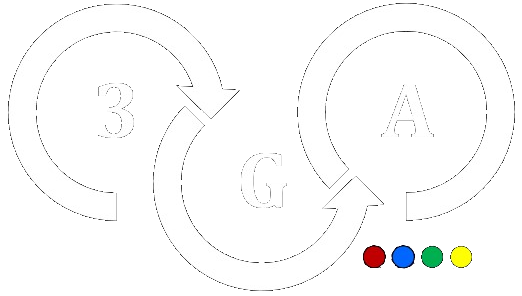The Hidden Value in Every Hour
The Hidden Value in Every Hour
Time is the most democratic resource we have, everyone gets exactly 24 hours each day. Yet, some people seem to accomplish extraordinary things while others struggle to complete basic tasks. Welcome to our new series, “Start Small, Stay Consistent,” where we will explore how small, intentional actions can transform your life.
We are beginning with time management because it is the universal challenge. Every person, regardless of their profession, background, or ambition, battles with the same fundamental question: How can I make the most of my limited time?
How I Started Small
In 2006, while working at KPMG Nigeria, I attended a training that would forever change my relationship with time. The session was called “Time Management & Personal Effectiveness,” and it delivered a profound revelation: within a professional services firm, time is literally money.
The trainers explained how billing works in professional services. A Partner’s hour is billed at a significantly higher rate than a junior consultant’s hour. This meant that although we both had the same 24 hours, the economic value of our time was dramatically different. This was my first real understanding that time is not just a measurement, but a valuable asset that can be invested, wasted, or optimized.
This insight prompted me to ask critical questions about how I was spending my time. Was it more economical to do my laundry myself or pay someone who could do it more efficiently? Would outsourcing certain tasks give me more time to focus on high-value activities? Suddenly, services I once considered expensive now looked like strategic investments in my most finite resource, time.
I started small. Very small. I began with a handwritten schedule, mapping out how I would spend my days, especially my weekends. This simple act of writing down my intended activities became my first step towards intentional time management.
How I Stayed Consistent
Staying consistent with time management is challenging for everyone. I am no exception. What made a difference for me was finding a system that worked and gradually adapting it to my life. As technology evolved, so did my time management approach. When I got my first smartphone, I transferred my handwritten schedules into digital calendars. Those little calendar prompts became my personal productivity coach, guiding me on what I should be doing both during work hours and weekends.
The journey wasn’t always smooth. There were weeks when I missed tracking my time, days when my schedule fell apart. But I learned that consistency isn’t about perfection, it’s about getting back on track, learning from slip-ups, and continuing to improve.
The compounding effect of this persistent approach has been remarkable. Today, I run my own business, and I apply the same principles of time management. I now focus my personal time and energy on three critical areas: revenue-generating activities, team development, and business strategy. Everything else? I delegate to team members who are better equipped to handle those tasks efficiently.
This approach isn’t about being superhuman. It’s about being strategic, learning from experience, and continuously refining how we use our most precious resource, time.
Action Points
- Time Audit Challenge: Spend the next week tracking how you actually spend your time. Use a notebook or smartphone app to log every activity. At the end of the week, review your log and identify three activities you can eliminate or delegate to reclaim more valuable time.
- Personal Priority Mapping: Create a simple spreadsheet or document categorizing your daily activities into four quadrants:
- High Value, Must Do
- High Value, Can Delegate
- Low Value, Must Do
- Low Value, Can Eliminate
Remember, time is the one resource you cannot recover. Treat it with the respect it deserves.










